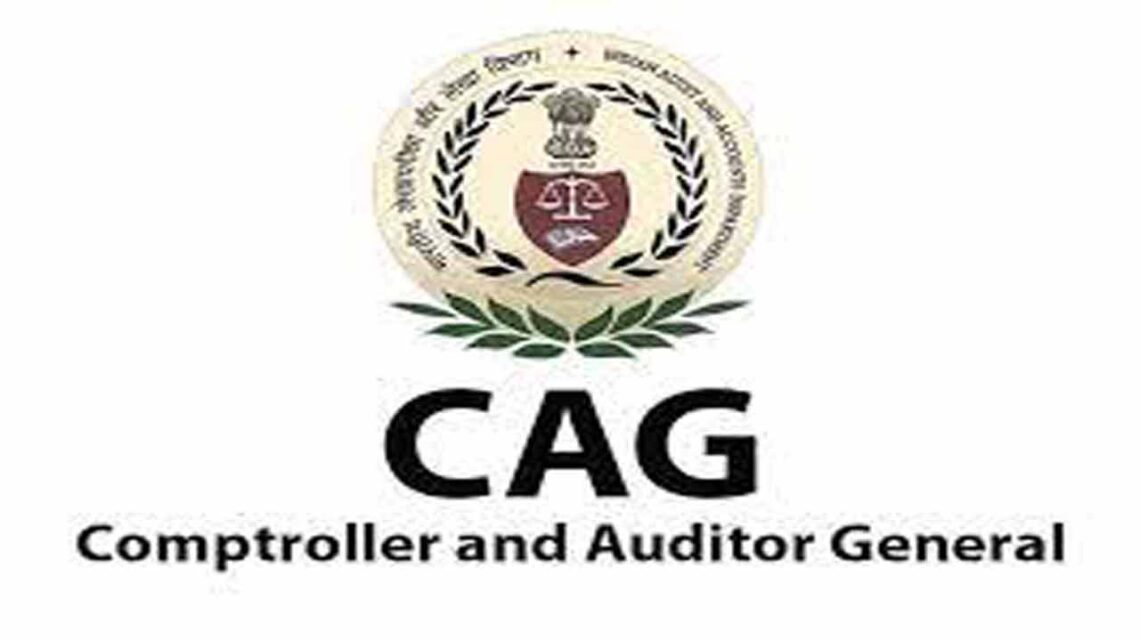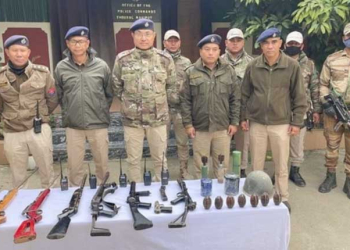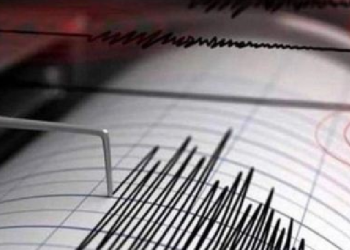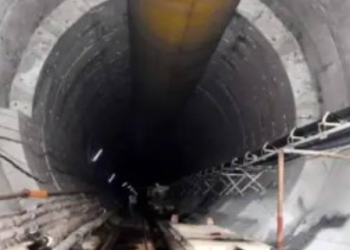New Delhi, Dec 21 (IANS) The CAG’s Performance Audit report on “Sabka Vishwas Legacy Dispute Resolution Scheme 2019” has revealed certain deficiencies, mainly related to inadequacies in designing the online system, following legal provisions, CBIC instructions, disposal of disputed cases, and keeping the tax evaders in the tax net.
The Comptroller and Auditor General’s Performance Audit Report on ‘Sabka Vishwas Legacy Dispute Resolution Scheme 2019’ (Report No. 14 of 2022) on Goods and Services Tax, Central Excise and Service Tax, tabled in the Parliament on Wednesday, found that irregular relief of Rs 109.81 crore in 28 declarations was extended to declarants who sought relief with respect to ineligible goods.
This Performance Audit was conducted in 52 selected Commissionerates.
As per the report, the Designated Committees irregularly processed 21 declarations, involving tax dues of Rs 7.01 crore under the ‘Voluntary Disclosure’ category, though the declarants were subjected to enquiry, investigation, audit, and filed returns. The Designated Committees rejected 14 eligible declarations, also resulting in probable loss of revenue of Rs 8.72 crore, it said.
The CAG report said that irregular processing of 17 declarations under the ‘Litigation’ category instead of ‘Arrears’ resulted in excess relief amounting to Rs 5.1 crore to the declarants. In 65 declarations involving tax dues of Rs 90.51 crore, evidence of pre-deposits or deposits had not been verified properly, after due linking with the cases concerned.
The audit report said that the SVLDRS portal accepted multiple declarations in 208 cases involving tax dues of Rs 273.53 crore, which resulted in processing of certain cases multiple times.
The CAG recommended that the Department may take effective steps to pursue, in a time bound manner, those cases which were rejected under the schem’ as well as the 28,825 cases for which Discharge Certificates could not be issued, especially due to non-payment of the estimated payable amount. In particular, Voluntary Disclosure Cases where liability was not discharged should be vigorously pursued to protect the interest of the revenue. Arrears are confirmed demands and have no expiry date and it is possible that many of the declarants might have migrated to the GST regime as assessees, and therefore recovery actions are pursuable, it said.
(IANS)




















